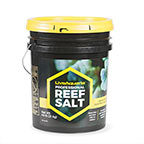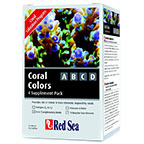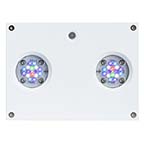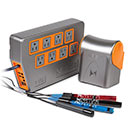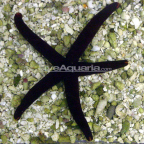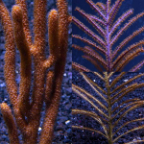Candy Cane Coral
(Caulastrea furcata)
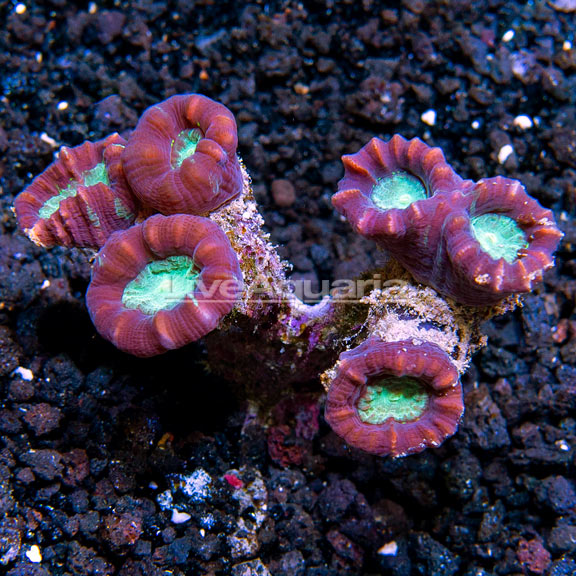
Please Note: Due to variations within species, your item may not look identical to the image provided. Approximate size range may also vary between individual specimen.
Please Note: Due to variations within species, your item may not look identical to the image provided. Approximate size range may also vary between individual specimen.
Candy Cane Coral
(Caulastrea furcata)
Additional locales and sizes may be available!
Additional locales and sizes may be available! Email me when availableQuick Stats
Care Level
Easy
Temperament
Peaceful
Color Form
Green, Tan
Water Conditions
72-78° F, dKH 8-12, pH 8.1-8.4, sg 1.023-1.025
Family
Faviidae
Lighting
Moderate
Supplements
Calcium, Strontium, Trace Elements
Waterflow
Medium
Placement
All
What do these Quick Stats mean? Click here for more information
Care Level
Easy
Temperament
Peaceful
Color Form
Green, Tan
Water Conditions
72-78° F, dKH 8-12, pH 8.1-8.4, sg 1.023-1.025
Family
Faviidae
Lighting
Moderate
Supplements
Calcium, Strontium, Trace Elements
Waterflow
Medium
Placement
All
What do these Quick Stats mean? Click here for more information
Overview
The Caulastrea Candy Cane Coral is a large polyp stony (LPS) coral often referred to as the Trumpet, Torch, Candy, or Bullseye Coral. Its genus name, Caulastrea, comes from the Latin kaulos (stalk), and aster (star) describing its skeletal structure consisting of tubular stalks with stars on each tip. The plump circular polyps are vibrant green, yellow, or blue and brown, with the Candy Cane Coral from Tonga being a brilliant translucent green to teal and brown, and each tip is white. Under actinic light its colorful polyps will stand out from most other corals.
It is hardy and a relatively peaceful reef inhabitant, with very short sweeper tentacles. It requires moderate lighting and moderate water movement, along with the addition of calcium, strontium, and other trace elements to the water.
It will benefit from additional food fed weekly in the form of brine shrimp or micro-plankton.
Approximate Purchase Size: Small: 1-1/4" to 2-1/4"; Medium: 2-1/2" to 3-1/2"; Large: 4" to 5-1/4"; Aquacultured: 1/2" to 1-1/2"
Supplies You May Be Interested In
Customer Testimonials
B O
Coon Rapids , MN
We bought a medium size beautiful Candy Cane a few weeks ago. Last night we noticed three heads have already split into half, which means they are growing. In addition to regular food, Calcium, Strontium, Trace Elements, we recommend to feed the coral a piece of “mysis shrimp" during the night when each head has long tentacles.
1-1 of 1 testimonials




